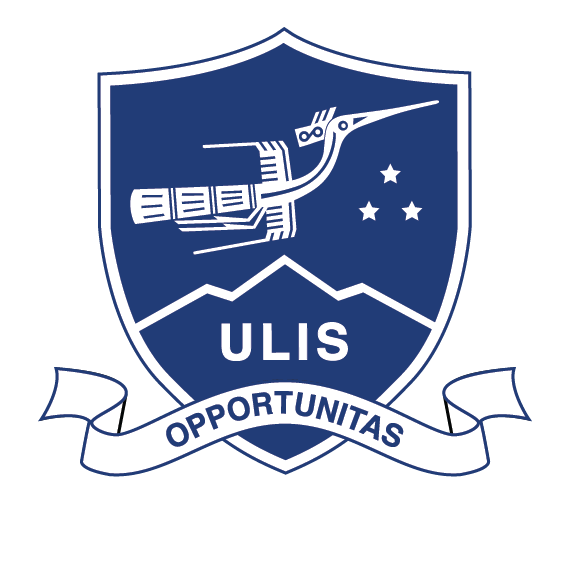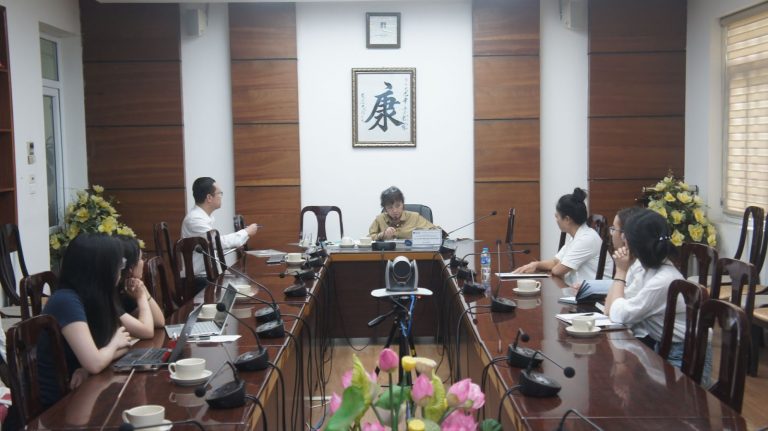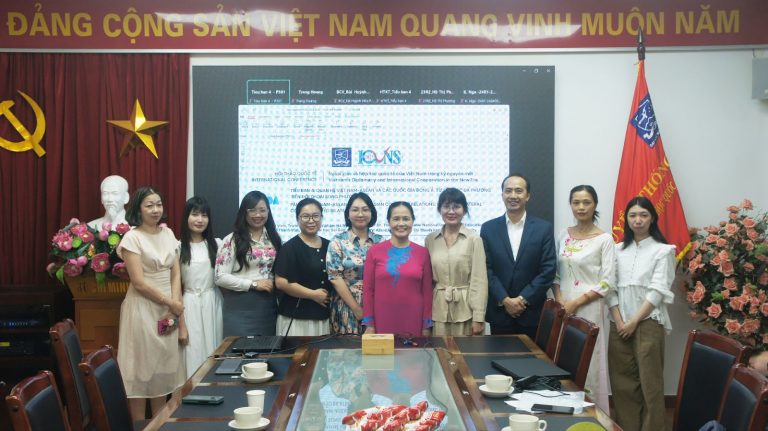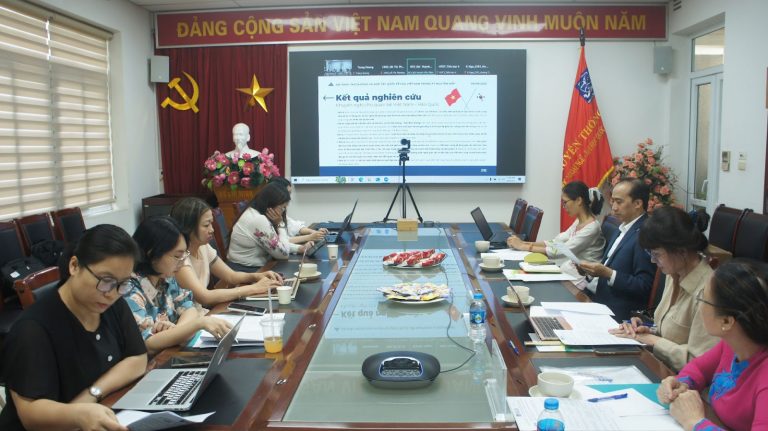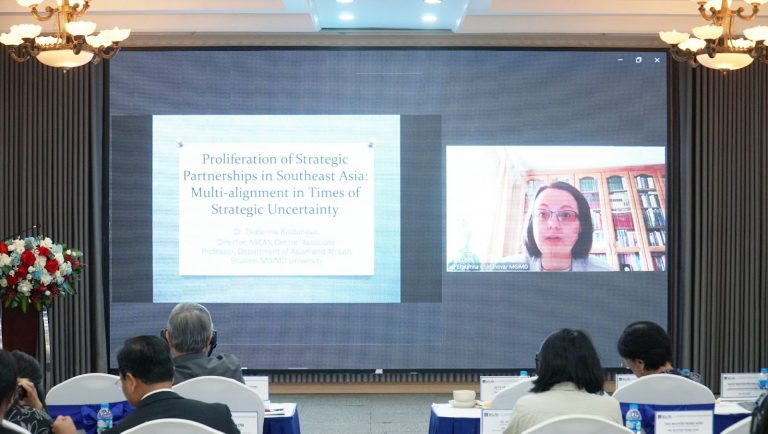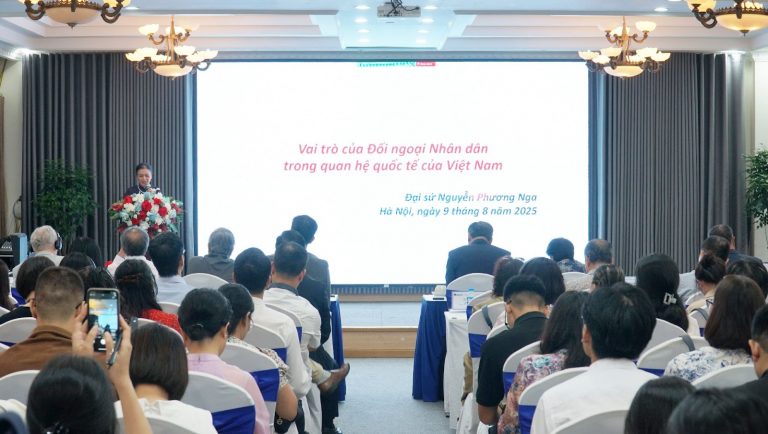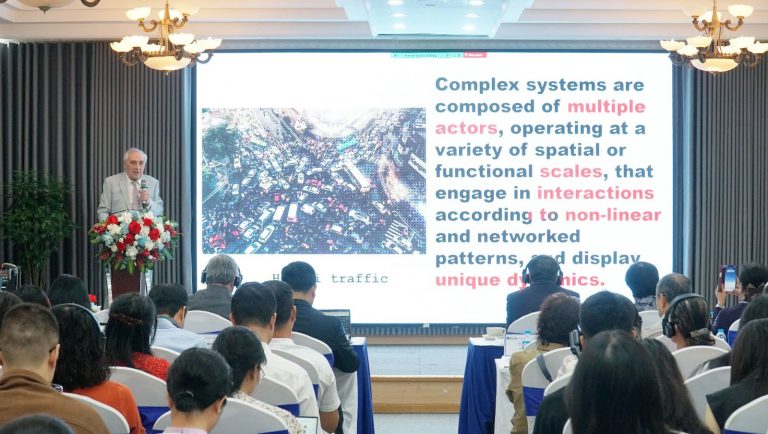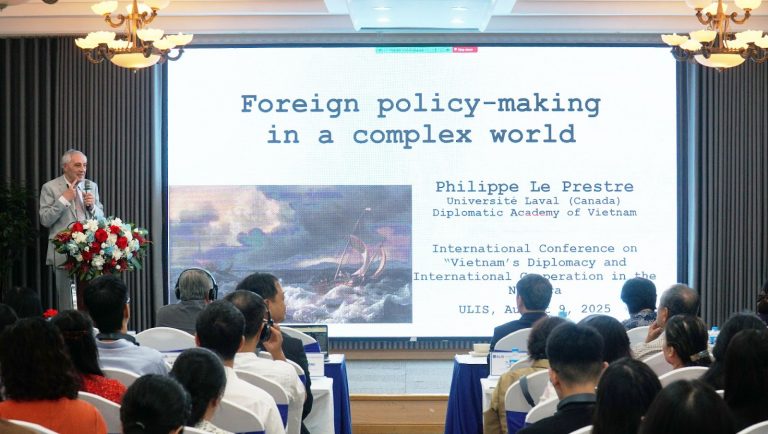International Conference: “Vietnam’s Diplomacy and International Cooperation in the New Era”
On August 9, 2025, the University of Languages and International Studies – Vietnam National University, Hanoi (ULIS-VNU) solemnly hosted the International Conference on “Vietnam’s Diplomacy and International Cooperation in the New Era,” in collaboration with domestic and international partners. This conference was a thematic event within the framework of the 7th International Conference on Vietnamese Studies (ICVNS2025), held in both in-person and online formats.
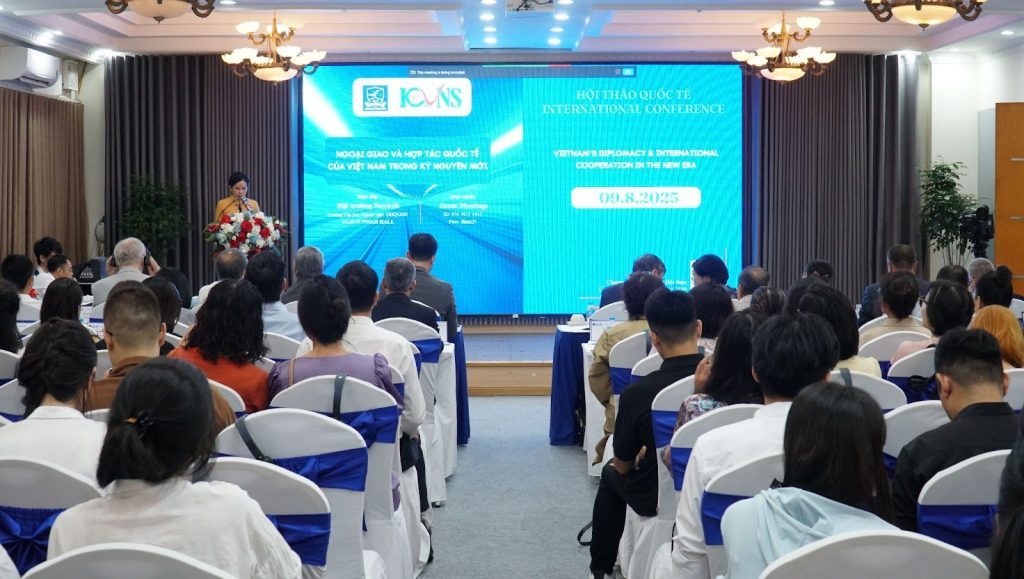
The event served as an important academic forum, bringing together distinguished experts, scholars, diplomats, and researchers from Vietnam and countries that maintain strategic partnerships with Vietnam.
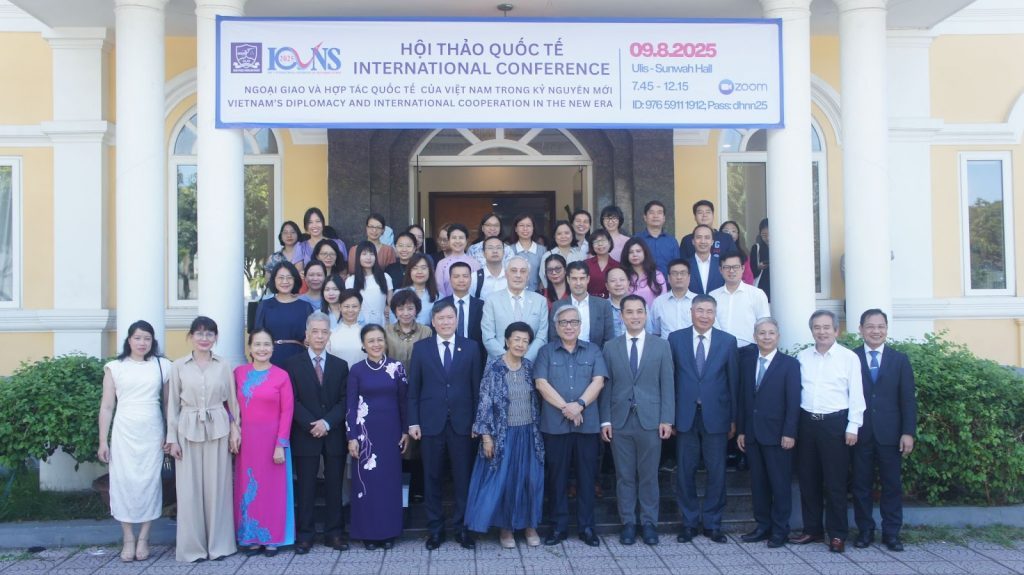
Attending the conference from Vietnam National University, Hanoi were Assoc. Prof. Dr. Pham Bao Son – Vice President; Prof. Dr. Sc. Vu Minh Giang – Chairman of the Council for Science and Training; Assoc. Prof. Dr. Le Tuan Anh – Head of the Department for Development; Assoc. Prof. Dr. Nguyen Ha Nam – Deputy Head of the Department for Science, Technology and Innovation, along with representatives of various affiliated units.
From ULIS, the conference welcomed Vice President Lam Quang Dong, Vice President Hoa Ngoc Son, representatives of units across the University, as well as numerous staff, students, and graduate students.
Distinguished national guests included: Prof. Dr. Le Van Loi – Vice President of the Ho Chi Minh National Academy of Politics; Ambassador Ton Nu Thi Ninh – President of the Ho Chi Minh City Peace and Development Foundation; Ambassador Nguyen Phuong Nga – Former Deputy Minister of Foreign Affairs and Former President of the Vietnam Union of Friendship Organizations; Ambassador Doan Xuan Hung – Former Deputy Minister of Foreign Affairs; and Ambassador Bui The Giang – Former Ambassador and Former Deputy Permanent Representative of Vietnam to the United Nations, together with many renowned scholars and researchers from across the country.
International participants included Prof. Philippe Le Prestre (Université Laval, Québec, Canada); Prof. Pierre Journoud (Université Paul-Valéry Montpellier, France); Prof. Qi Huaigao – Vice Dean of the Institute of International Studies, Fudan University (China); and Assoc. Prof. Dr. Ekaterina Koldunova – Director of the ASEAN Center, Moscow State Institute of International Relations (MGIMO), Russian Federation.
In his opening remarks, ULIS Vice President Lam Quang Dong expressed sincere gratitude to the scholars and researchers attending the conference. He emphasized that this significant diplomatic event hosted by ULIS aimed to create a forum where scholars and researchers in politics, international relations, and Vietnamese studies could exchange ideas and discuss issues at national, regional, and global levels, thereby contributing to Vietnam’s development in the current era of integration.
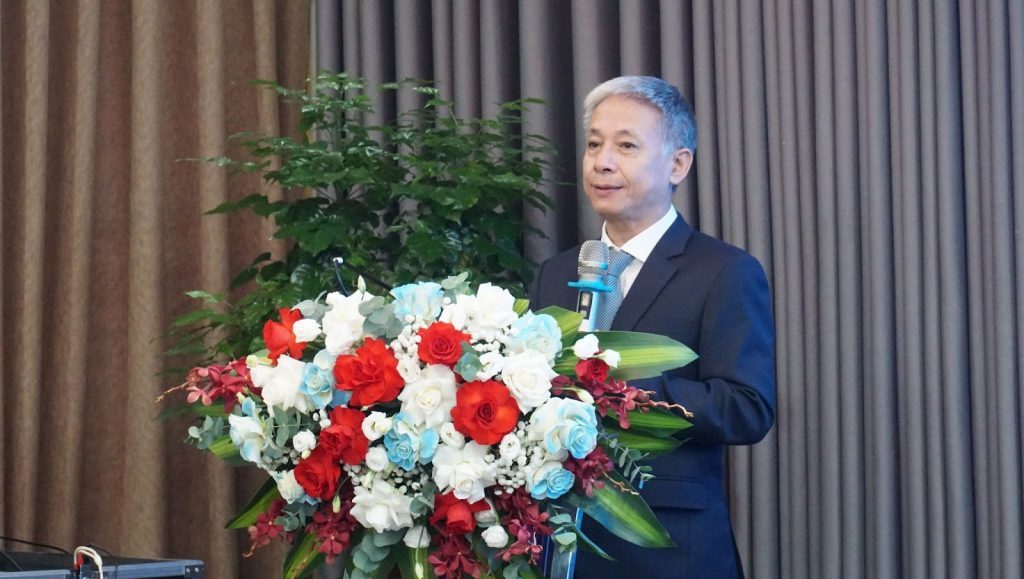
The plenary session began with a keynote address by Prof. Dr. Le Van Loi, Vice President of the Ho Chi Minh National Academy of Politics, titled “Vietnam in Regional and International Relations: Proactive Adaptation and Enhancement of its Position in the New Era.” Drawing upon rich practical experience and sharp academic insights, the Professor analyzed how Vietnam applies a proactive and adaptive mindset to strengthen its position in today’s regional and global networks.
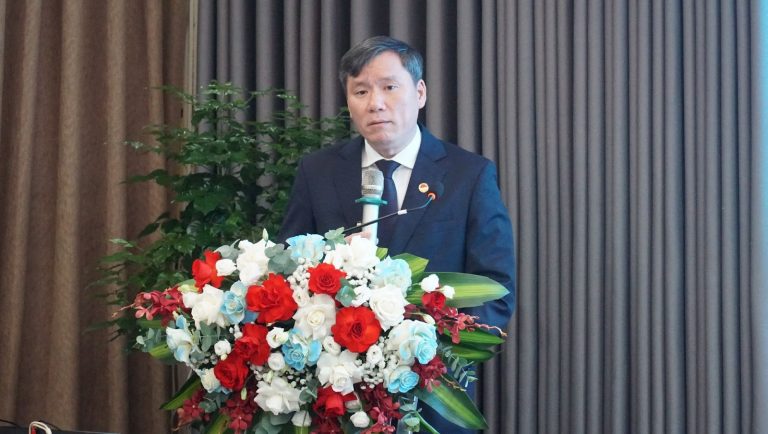
Following this, Ambassador Nguyen Phuong Nga – Former Deputy Minister of Foreign Affairs – presented on “The Role of People-to-People Diplomacy in Vietnam’s International Relations.” Her presentation not only traced the history and development of people-to-people diplomacy but also proposed four strategic directions to enhance its role amid global uncertainties.
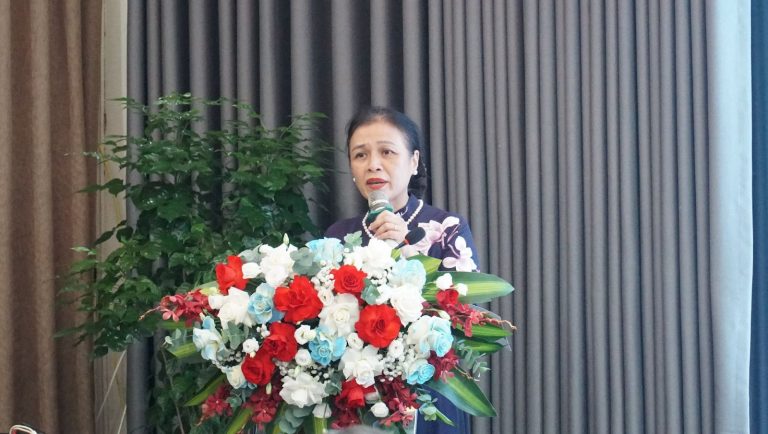
Prof. Philippe Le Prestre, Visiting Professor at the Diplomatic Academy of Vietnam, delivered a talk on “Foreign Policy-Making in a Complex World.” He introduced the “complexity theory” not as a substitute for forecasting or modeling, but as a tool for identifying underlying systemic dynamics, thereby assisting in the design of flexible policies that minimize risks and optimize national interests.
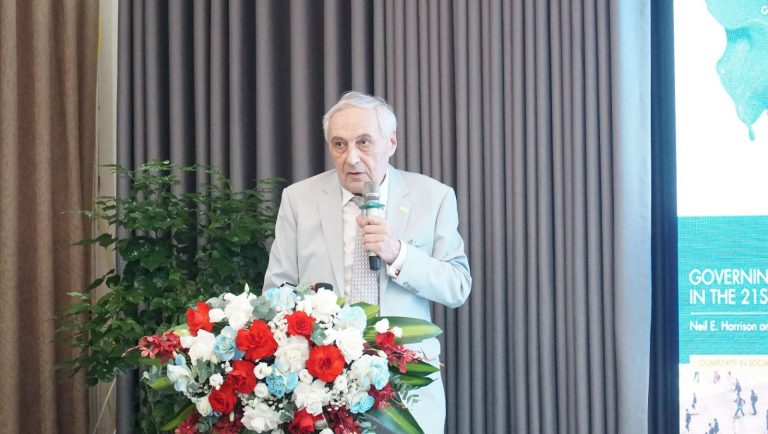
Next, Prof. Qi Huaigao (Fudan University, China) presented his research entitled “Vietnam’s Rise to the Top Three of China’s Key Neighboring Partners: A Quantitative Analysis.” Using six quantitative indicators such as high-level visits, bilateral trade volume, and Chinese FDI, the study ranked Vietnam as China’s third most important neighboring partner, following Russia and Pakistan. The Professor explained the growing role of Vietnam in China’s regional diplomacy and the prospects for further strengthening this position.
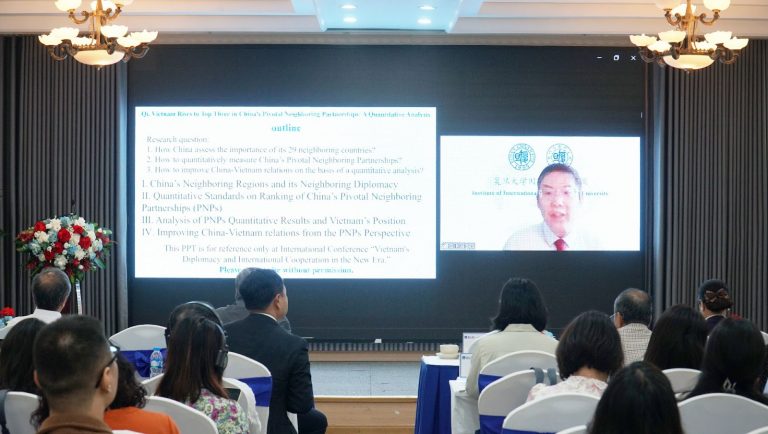
Prof. Pierre Journoud (Université Paul-Valéry Montpellier, France) then offered a historical perspective on “From War Diplomacy to Peace Diplomacy – A Western View on 80 Years of Vietnam’s Diplomatic Revolution.” His presentation provided a thought-provoking reflection on Vietnam’s diplomatic trajectory from wartime to peace through the lens of a Western scholar.
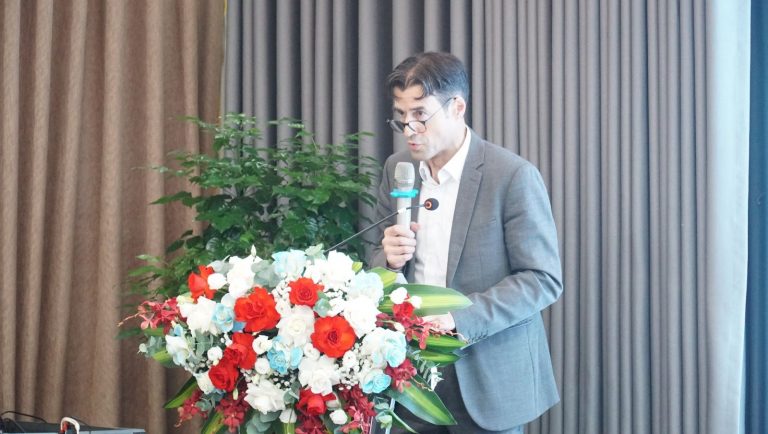
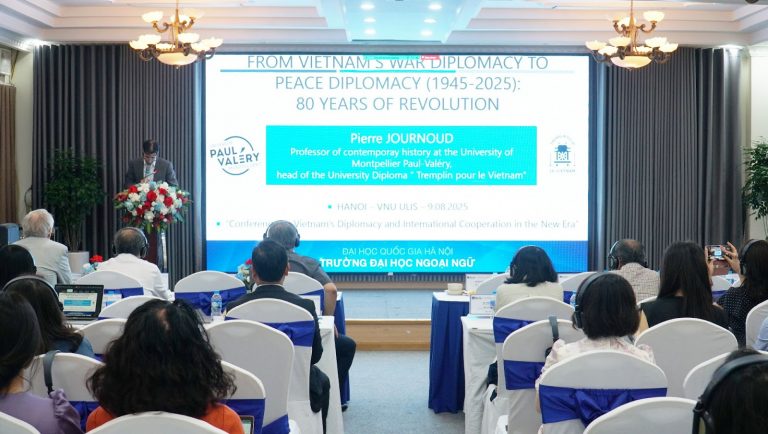
Assoc. Prof. Dr. Ekaterina Koldunova (MGIMO, Russia) followed with a presentation titled “Southeast Asia and Strategic Connectivity Networks: A Multi-Dimensional Landscape in Times of Uncertainty.” Against the backdrop of intensifying geopolitical and security competition, she examined why ASEAN seeks to strengthen intra-regional multilateral cooperation and what this means for collective security and ASEAN’s strategic role in an unpredictable world.
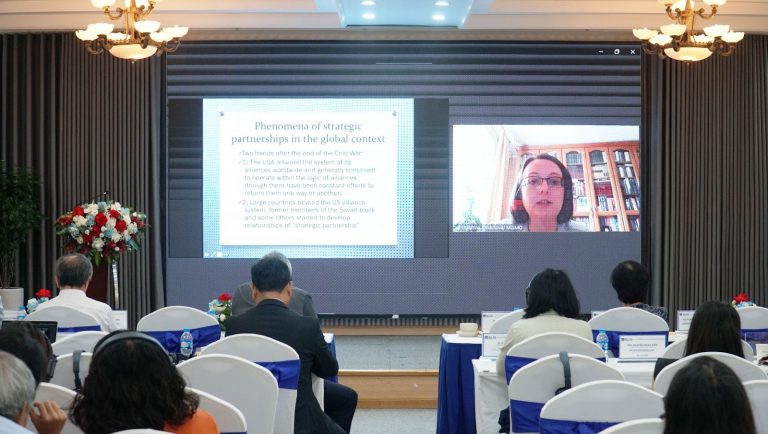
A Roundtable Session on “Vietnamese Diplomacy: Proactivity in the Face of Regional and Global Challenges” was chaired by Ambassador Nguyễn Phương Nga, bringing together three prominent guest speakers: Ambassador Tôn Nữ Thị Ninh – Former Vietnamese Ambassador to the EU, Belgium, and Luxembourg; Ambassador Đoàn Xuân Hưng – Former Deputy Minister of Foreign Affairs; and Ambassador Bùi Thế Giang – Former Deputy Permanent Representative of Vietnam to the United Nations. The session featured sharp and timely analyses, reaffirming the strategic orientation, adaptive capacity, and innovative mindset of Vietnam’s diplomacy in an era of deep integration filled with both uncertainties and opportunities.
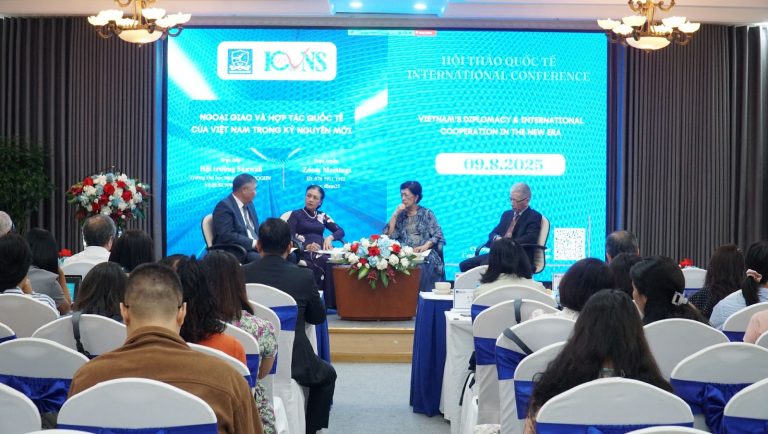
In addition to the plenary sessions, four parallel thematic panels were convened, featuring nearly 50 presentations focusing on key themes: Comprehensive Diplomacy and the South China Sea; Strategic Competition and the Role of Regional and Global Partners; Major Powers’ Foreign Policies and Their Impact on the Region; and Vietnam–ASEAN–East Asia Relations: From Multilateral Cooperation to Bilateral Dialogue.
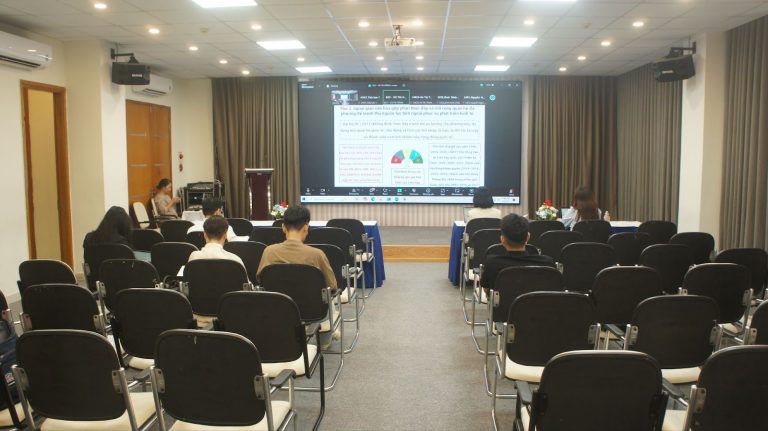
These presentations provided fresh perspectives on pressing domestic, regional, and global issues, offering significant contributions to research in international relations and Vietnamese studies.
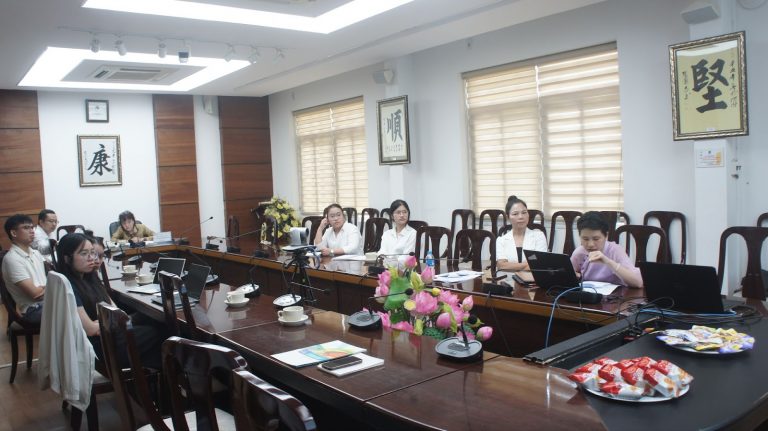
With nearly 600 participants, the conference concluded successfully with highly positive feedback, sharing valuable knowledge and lessons on Vietnamese diplomacy across various contexts with the wider academic community.
Thảo – ĐSTT

